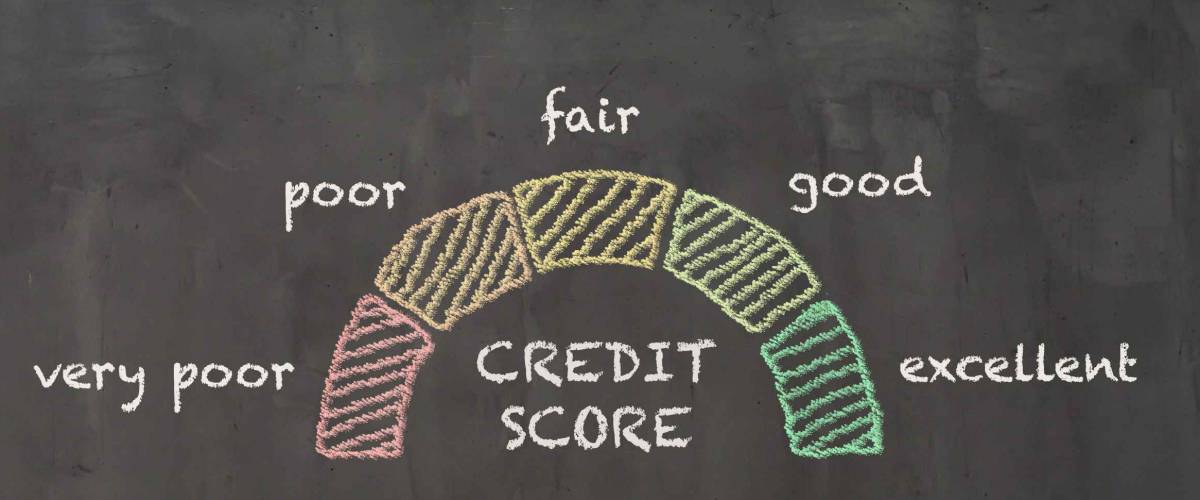1. Financial crises and fallen wages

Millennials have experienced not one, but two financial crises – the Great Recession of 2008 and the economic downturn prompted by COVID-19.
With an unprecedented number of business closures and layoffs in 2020, plenty of millennials are out of work, or employed with lower wages and poor job security. The 2008 financial crisis has also made it more difficult for the generation as a whole to amass a decent amount of savings.
If you need a side-gig to support your current job, try using an online marketplace where you can post your services to cater to businesses around the world. You can also make money on the side by renting out unused space in your home, or earn rewards when you do your groceries and shop online.
Discover how a simple decision today could lead to an extra $1.3 million in retirement
Learn how you can set yourself up for a more prosperous future by exploring why so many people who work with financial advisors retire with more wealth.
Discover the full story and see how you could be on the path to an extra $1.3 million in retirement.
Read More2. Still paying off student loans

The rewards of holding a degree don’t always offset the tuition and board fees (they’ve been upped by over 25% in the past decade) and some graduates are regretting the expenses.
An EducationData.org report shows that student loan debt hit almost $1.6 trillion in 2020. And over a quarter of millennials say college “definitely” wasn’t worth the debt, according to a Morning Consult survey.
Make sure to check whether you qualify for an income-driven repayment plan or government loan forgiveness. If not, consider refinancing or rolling all your debts into a consolidation loan.
3. Heavy debt and slim savings

Millennials are more likely to prioritize paying off debts than saving.
Two-thirds of the group have a general savings account, but 57% say their savings amount to less than $5,000, according to an INSIDER and Morning Consult survey. It’s important to keep some funds tucked away for emergencies, like a big hospital bill or an unexpected layoff.
Consider switching to a balance transfer credit card with a low interest rate, or a low-interest personal loan to make your debt load more manageable.
Kiss your credit card debt goodbye
Millions of Americans are struggling to crawl out of debt in the face of record-high interest rates. A personal loan offers lower interest rates and fixed payments, making it a smart choice to consolidate high-interest credit card debt. It helps save money, simplifies payments, and accelerates debt payoff. Credible is a free online service that shows you the best lending options to pay off your credit card debt fast — and save a ton in interest.
Explore better rates4. Not much or nothing in retirement savings

It’s hard to start saving up for your golden years when you’re young and have all kinds of debt to repay, whether that’s student loans or mortgage payments.
The INSIDER and Morning Consult survey found that over half of millennials don’t have a retirement savings account. Studies have also shown that millennials are more likely to dip into theirretirement savings compared to older generations.
You can also talk to a financial planner or use an online financial planning service if you need more help.
5. Little stock in the stock market

Not even 1 in 5 millennials has an investment account, says CNBC.
Most millennials think they can’t afford to start investing in the stock market, but they’re losing out on years of compounding by waiting. They can put their earnings towards retirement or emergency savings, or even chip away at their student loan debt.
You don’t need to spend a fortune with apps that let you put in as little as $1 a month. And if you’re worried about your lack of experience in the stock market, there are plenty of robo-advisors out there that can make you money while you sleep.
6. Homes and how to buy one

Millennials are taking on larger mortgages and putting down smaller down payments to make up for higher house prices.
Analysis from the Federal Reserve Bank of St. Louis shows that millennials have 34% less wealth than expected given the experience of Gen X and the Baby Boomers. Millennials simply can’t afford homes because they’re burdened with debt and just not building enough wealth.
The recommended down payment is about 20%. However, Realtor.com discovered that millennials' down payments have been around 8.8% on average.
If you’re thinking about buying your first home, make sure you shop around for the best mortgage rates before settling on one. If you already have a home and you’re having trouble making payments, consider refinancing at a lower rate.
7. Lower-than-average credit scores

Millennials are trailing behind the older generations with an average credit score of 674, according to a 2020 Experian report.
Bankrate also found that around a third of millennials were rejected for credit in 2020 — they’re considered riskier borrowers since they tend to be lower income earners and don’t have as much credit history. A lower-than-average credit score doesn’t help matters either, since lenders check it when you apply for loans and credit cards to determine your reliability.
The first step to getting your credit score on track is to check it regularly. It’s free with online services like Credit Sesame, which also lets you monitor what’s affecting your score and provides you with some personalized product recommendations to help bump it up.
This 2 minute move could knock $500/year off your car insurance in 2024
OfficialCarInsurance.com lets you compare quotes from trusted brands, such as Progressive, Allstate and GEICO to make sure you're getting the best deal.
You can switch to a more affordable auto insurance option in 2 minutes by providing some information about yourself and your vehicle and choosing from their tailor-made results. Find offers as low as $29 a month.







